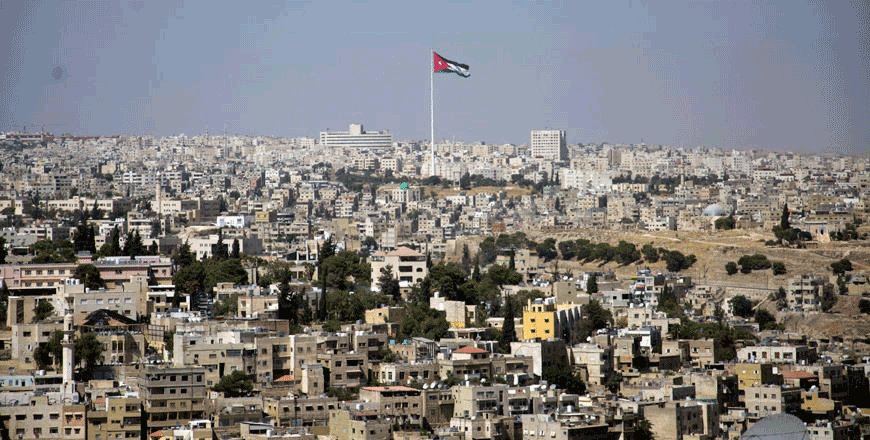You are here
Recent reforms boost gender equality in Kingdom — World Bank report
By Maram Kayed - Jan 16,2020 - Last updated at Jan 16,2020
AMMAN — The World Bank has released its 2020 “Women, Business and the Law” report, showing that Jordan implemented 29 reforms to increase gender parity in seven fields from 2017 to 2019.
The report measures a country’s performance through 35 questions scored across eight indicators, which are structured around women’s interactions with the law through their careers.
These indicators include mobility, workplace, pay, marriage, parenthood, entrepreneurship, assets and pension.
The Kingdom was among the 10 economies that improved the most in the report, which also analyses newly-collected data covering 50 years and 190 economies. Of the 10 economies that improved the most, six are in the region, three are in Sub-Saharan Africa and one is in South Asia.
Jordan saw an overall score of 40.6 on the index, placing it somewhere between the eight countries at the top of the ranking which all scored 100, and the lowest measured country in the report, the West Bank and Gaza, which scored 26.3.
The most important of the Kingdom’s reforms from 2017-2019 included one allowing women to work at night, one implementing legislation that mandates equal remuneration for work of equal value and one introducing three days of paid paternity leave.
In the MENA region, seven economies enacted reforms in various areas. Saudi Arabia saw the greatest improvement, enacting reforms in six out of eight areas.
“While there was considerable progress, the Middle East and North Africa remains the region with the most room for improvement,” stated the report.
The indexes measure “only formal laws and regulations which govern a woman’s ability to work or own businesses — a country’s actual norms and practices are not captured”, the report stated.
Overall, the report showed that the global regulatory environment for women’s economic participation has improved over the past two years, with 40 economies enacting 62 reforms that will help women “realise their potential and contribute to economic growth and development”.
However, the results remain uneven — in many countries, women have only a fraction of the legal rights of men, holding back their economic and social development.
“Clearly, there is much more work to be done,” the report’s authors stated.
World Bank Group Chief Economist Pinelopi Koujianou Goldberg said: “Achieving equality will take time, but it is encouraging that all regions have improved. We hope that this research will continue to serve as an important tool to inform policymaking and level the playing field for women.”
Related Articles
AMMAN — Jordan maintained its ranking at 46.9 points out of 100 in the “Women, Business and the Law 2022” report issued by the World Bank on
AMMAN — Jordan was ranked 93rd globally and 5th out of 14 countries in the Middle East and North Africa (MENA) region on the 2023 Index of E
AMMAN — Jordan ranked as the 7th most competitive Arab economy according to the World Economic Forum's (WEF) Global Competitiveness Report 2














